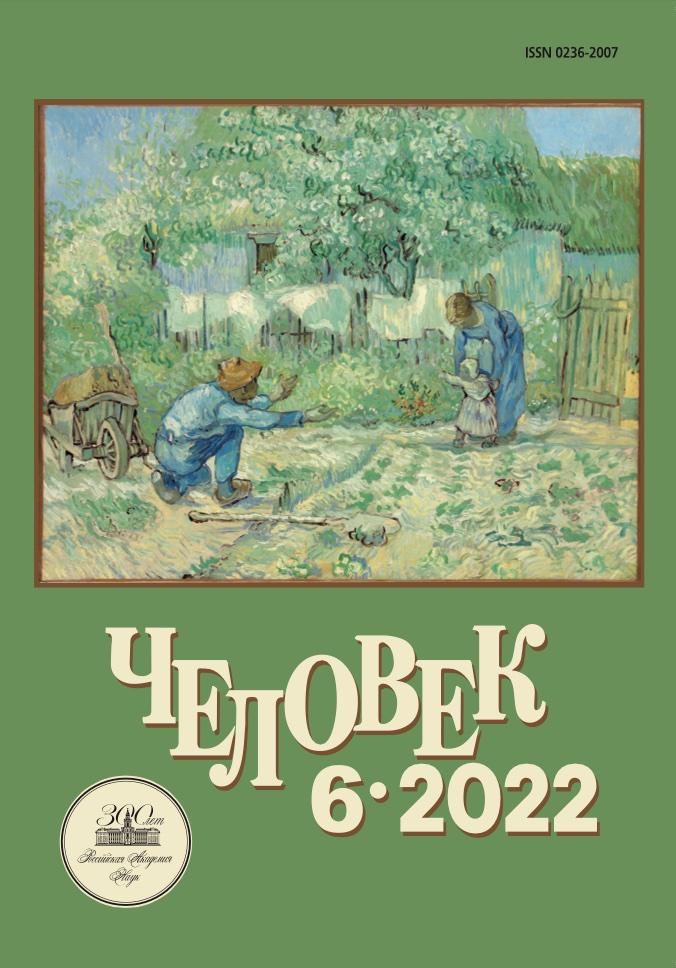Orphan Diseases in the Focus of Knowledge of Non-рrofessionals: To the Problem of the Influence of Patient Experience on the Development of Medicine
Keywords:
orphan diseases, convergence of efforts, self-organization, biosocialization, science ethos, patient organizations, garage scienceAbstract
The problem of self-organization of patient communities and parental self-help groups created to combat orphan diseases is considered, and in this context, the process of forming alternative research practices to academic science and obtaining the necessary knowledge about orphan diseases is studied. On the example of a number of incidents, it was shown that the formation of special epistemological regimes, where non-professionals play an active role in the formation of a body of knowledge about rare diseases, is realized in the following trends: 1) the scientific community by creating new forms of science management; 2) the demand to speed up the conduct of experimental scientific research, regardless of the established medical ethos (the phenomenon of false hope) and normative practices that control the development of science; 3) an effort, without conflicting with medical science, to create alternative sources of knowledge. The development of special epistemological regimes, in which both scientists and non-professionals are involved in the process of obtaining knowledge, is built on the principles of solidarity and convergence of efforts, and is associated with the democratization of the process of obtaining knowledge.






